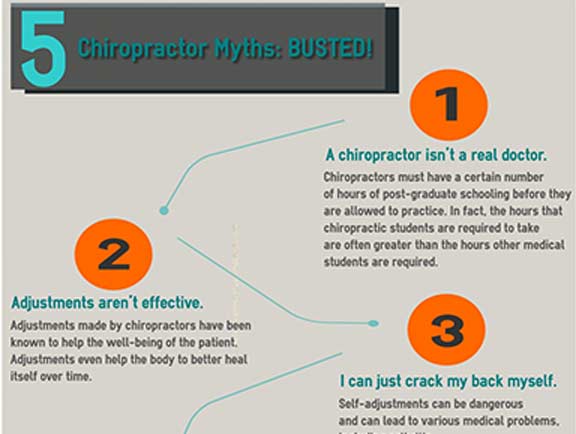The Influence Of Diet Regimen On Back Pain Management: Foods To Include And Foods To Exclude
The Influence Of Diet Regimen On Back Pain Management: Foods To Include And Foods To Exclude
Blog Article
Created By-Locklear Lykke
When it pertains to handling your pain in the back, the food options you make can considerably influence how you feel every day. Imagine being able to alleviate your discomfort simply by readjusting what you consume. By comprehending the duty of nutrition in back pain monitoring and knowing which foods to integrate or steer clear of, you can take positive steps towards a much healthier and extra comfortable way of living. The connection between nutrition and back health and wellness is a lot more extensive than you might recognize-- let's explore exactly how specific foods can either relieve or exacerbate your pain in the back.
Relevance of Nourishment in Pain In The Back
Nourishment plays an essential function in managing pain in the back. Your diet can significantly impact swelling levels and general discomfort degrees in your back. Taking in a well balanced diet abundant in nutrients like vitamins D and K, calcium, magnesium, and omega-3 fats can help in reducing swelling and enhance bones, which are crucial for back health.
Furthermore, keeping a healthy weight through correct nutrition can minimize tension on your back, reducing the risk of pain in the back.
In addition, particular nutrients like anti-oxidants discovered in vegetables and fruits can aid battle oxidative stress and promote recovery in the body, including the back muscle mass and spinal column.
On the other hand, consuming extreme amounts of processed foods, sugary drinks, and harmful fats can add to swelling and weight gain, worsening pain in the back.
Foods to Consume for Back Wellness
To sustain a healthy back, incorporating nutrient-rich foods right into your everyday dishes is essential. Consisting of foods high in antioxidants like berries, spinach, and kale can help in reducing inflammation in your back, reducing discomfort and discomfort. https://accident-doctors73940.luwebs.com/31284428/explore-the-world-of-cushion-options-made-for-neck-discomfort-alleviation-including-specialist-insights-and-assistance-learn-exactly-how-to-enhance-your-nighttime-remainder -3 fats discovered in fatty fish such as salmon and mackerel have anti-inflammatory residential or commercial properties that can profit your back health.
Furthermore, taking in nuts and seeds like almonds, walnuts, and chia seeds offers important nutrients like magnesium and vitamin E, which support muscular tissue feature and reduce oxidative stress and anxiety. Integrating https://www.wrcbtv.com/story/44009749/should-i-see-a-chiropractor-vs-physiotherapist-for-neck-pain as chicken, turkey, and tofu can help in muscle repair and maintenance, advertising a strong back.
Don't neglect to consist of dairy products or fortified plant-based alternatives for calcium to sustain bone health. Finally, moisten with a lot of water to maintain your back discs moisturized and functioning efficiently. By consisting of what does it mean when your back hurts -dense foods in your diet plan, you can nourish your back and support overall spinal health.
Foods to Prevent for Pain In The Back
Choose preventing refined foods high in added sugars and trans fats when looking for relief from pain in the back. These sorts of foods can add to swelling in the body, which may intensify pain in the back. Say no to sweet snacks sweet, breads, and sugary drinks, in addition to fast food products like hamburgers, french fries, and fried hen that are usually filled with trans fats.
Furthermore, avoid foods including high degrees of polished carbohydrates, such as white bread, pasta, and pastries, as they can increase blood glucose levels and potentially get worse inflammation in the body.
It's additionally smart to limit your intake of foods high in hydrogenated fats, like red meat and full-fat dairy products, as they can add to inflammation. Processed foods like deli meats, chips, and packaged treats are commonly high in hydrogenated fats and should be eaten in moderation.
Final thought
To conclude, taking notice of your diet plan and making smart food selections can have a substantial impact on managing pain in the back. By incorporating nutrient-rich foods like berries, fatty fish, nuts, and lean proteins, and staying clear of processed and sugary things, you can help reduce swelling and support on the whole back health and wellness. Keep in mind, what you consume plays an essential function in just how you really feel, so ensure to prioritize your nourishment for a much healthier back.
